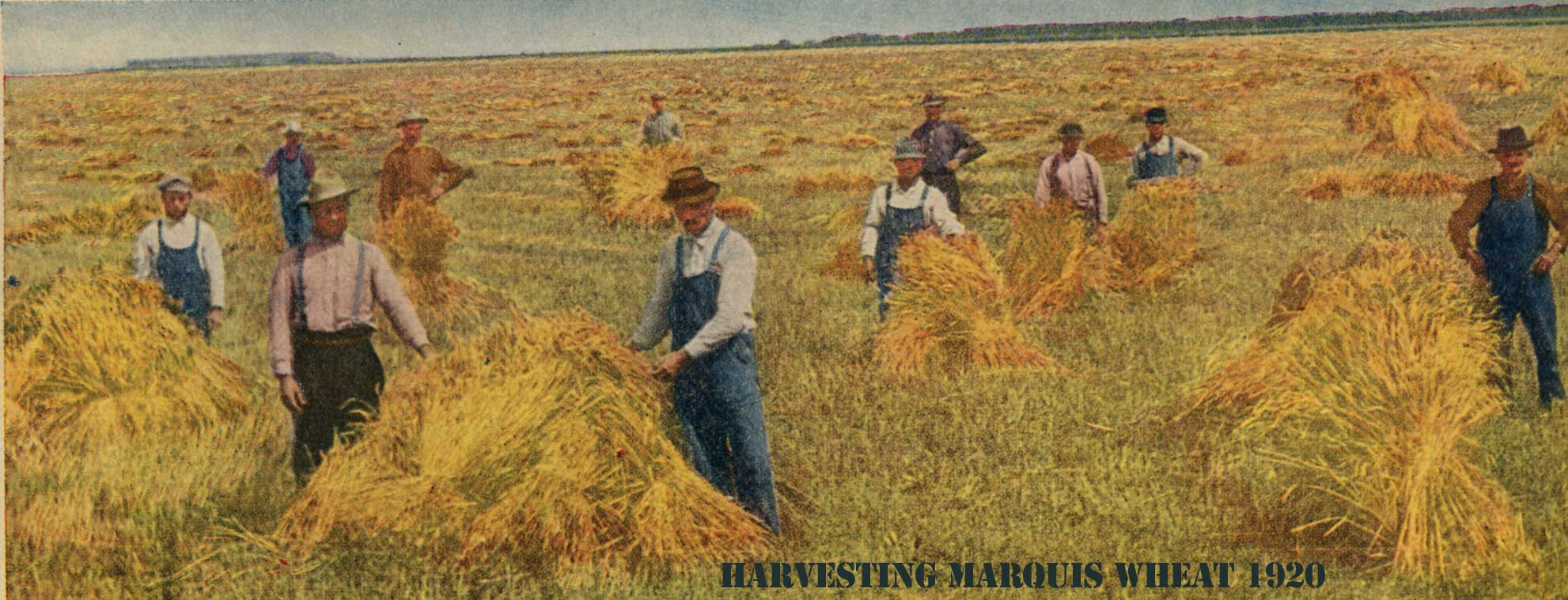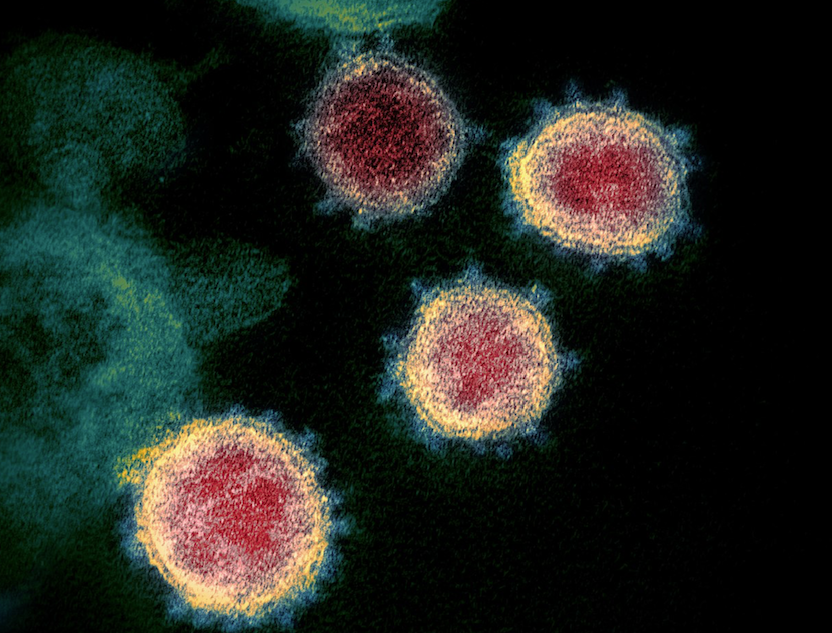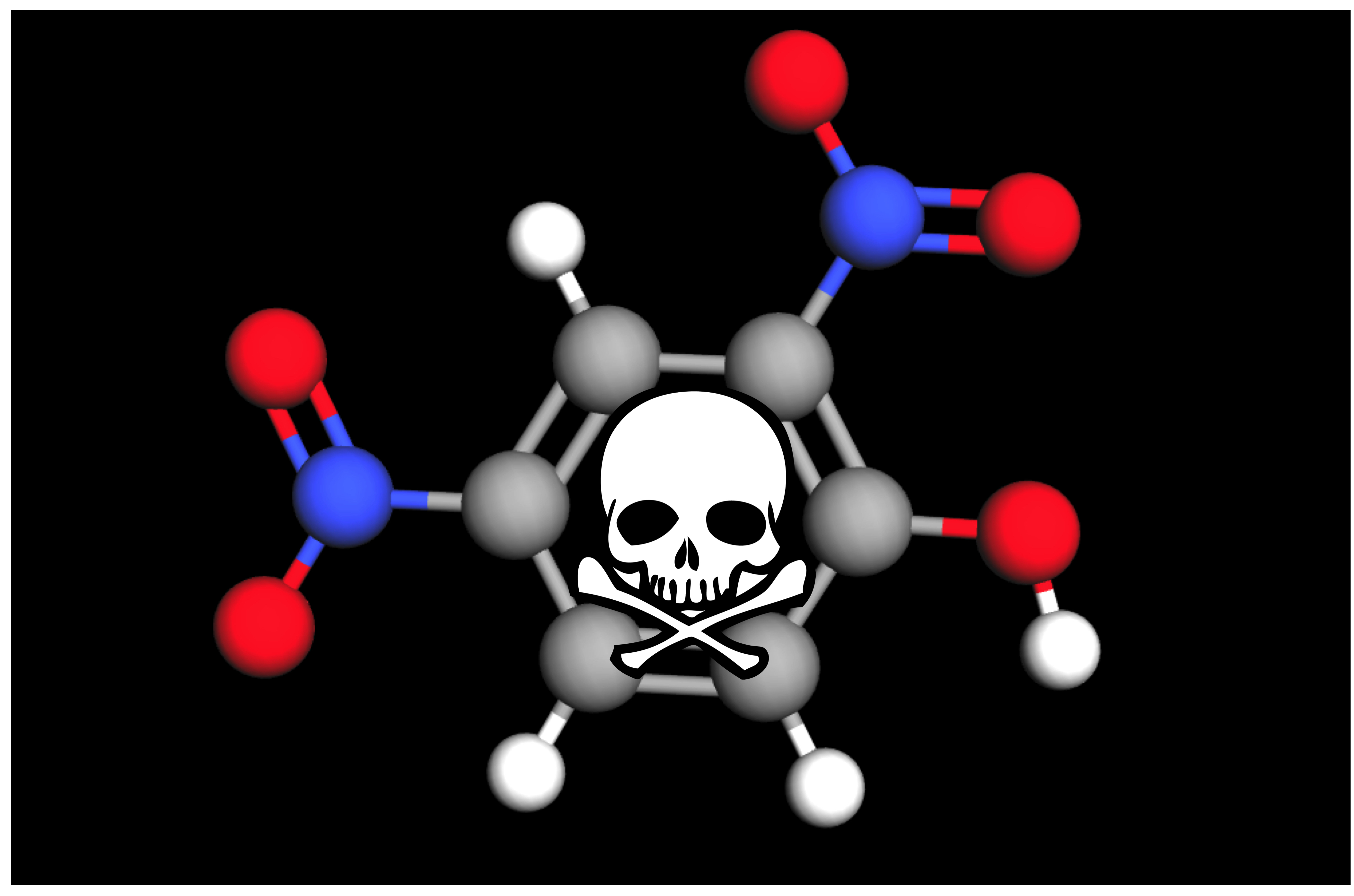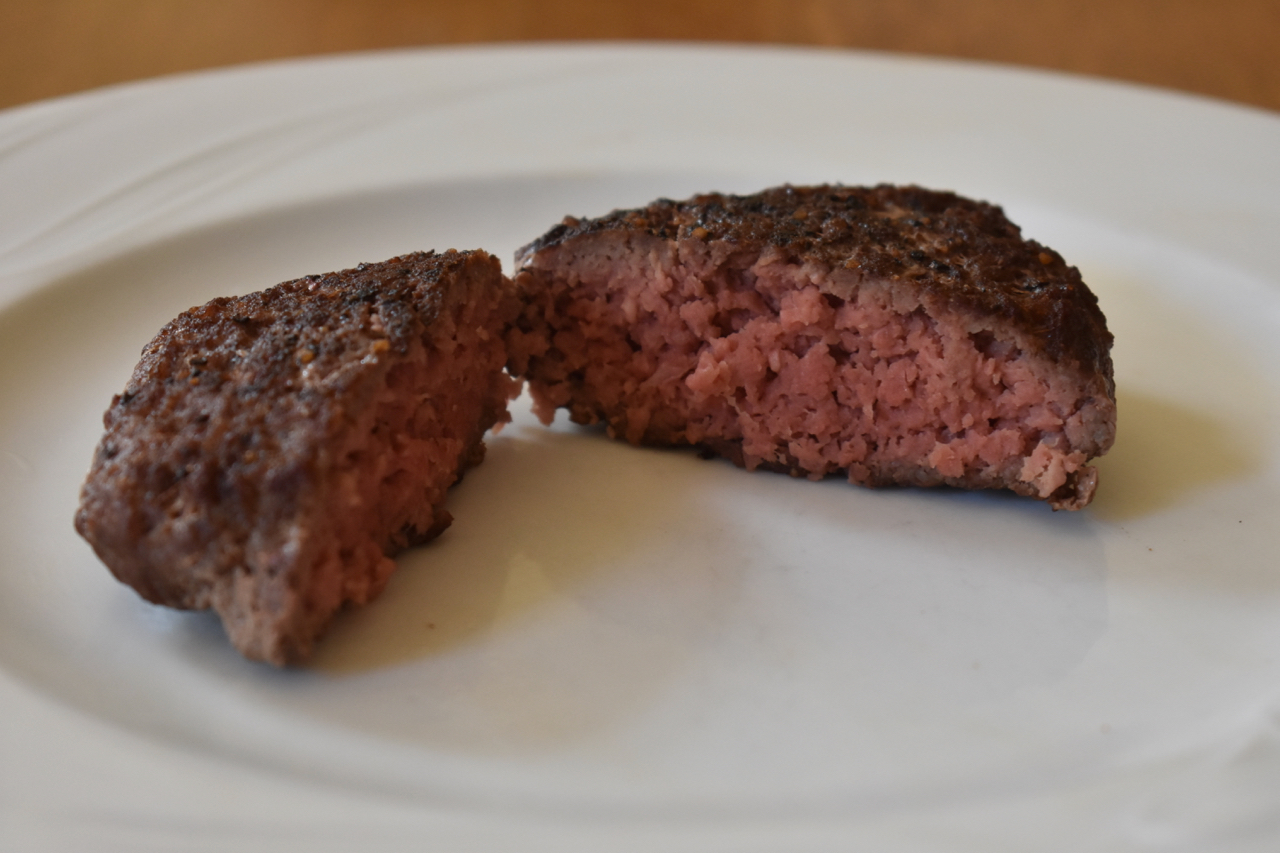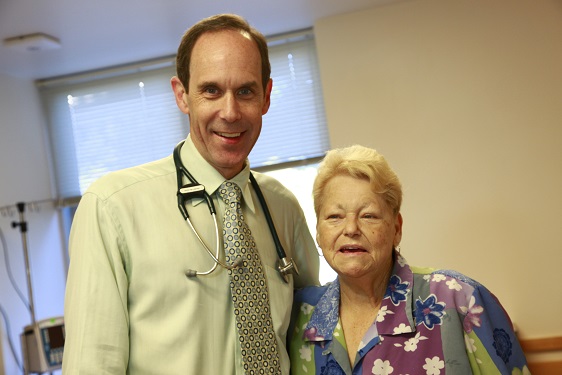It was the Spring of 1994, and the National Hockey League playoffs were heading for a dramatic finish. The Eastern Conference semi-final featured the New York Rangers and the New Jersey Devils. The Devils were ahead three games to two in the seven-game series, and appeared to be destined for victory. The next game was in the Devils’ home arena, in front of a sold-out crowd of their rabid supporters.
The captain of the Rangers was the power forward Mark Messier, a threat to score or level an opponent whenever he was on the ice.… Read the rest “Why Junk Food makes us fat”
